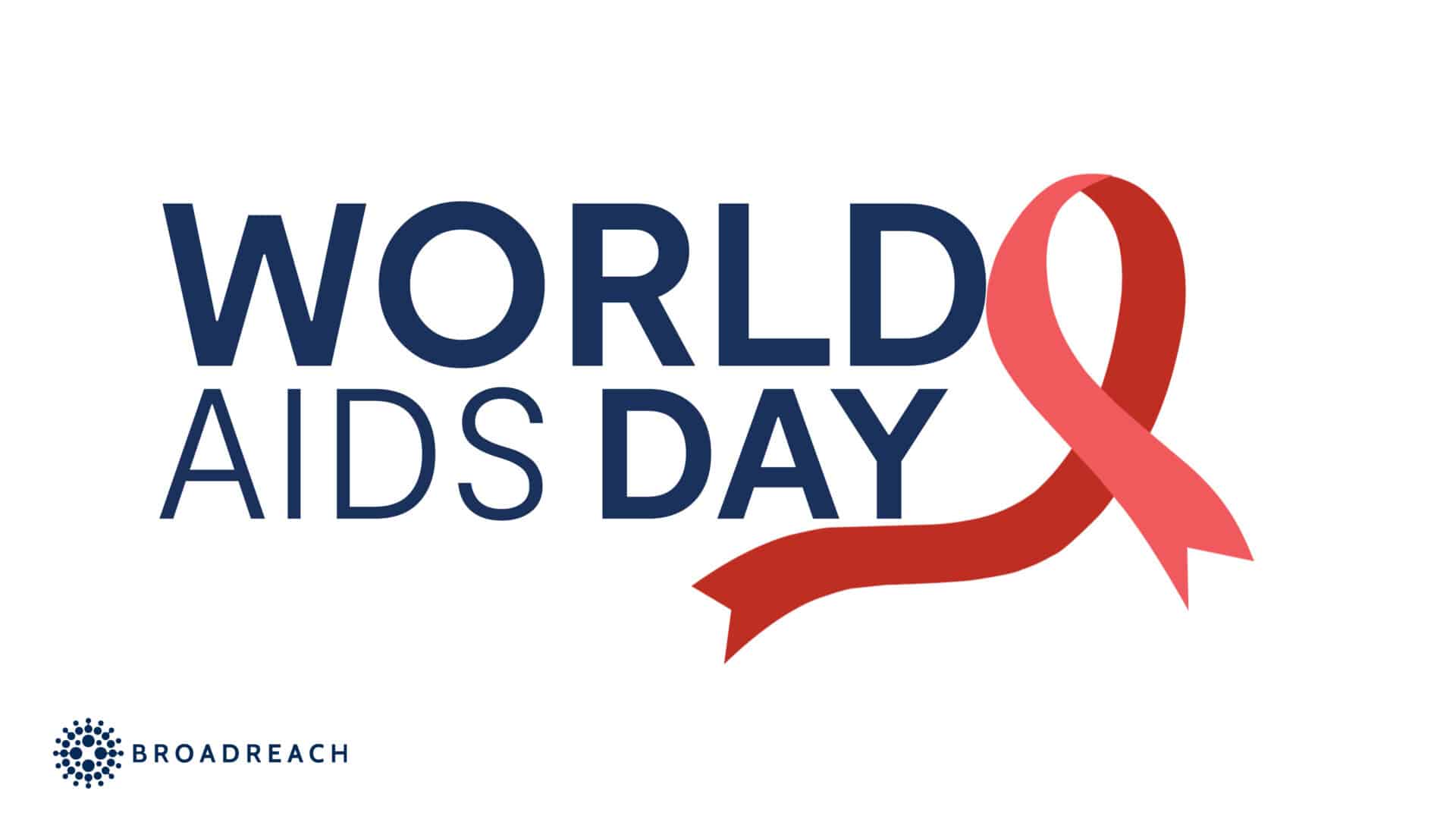Ahead of World AIDS Day on 1 December and the upcoming holiday season, South Africans are encouraged to keep their HIV and other chronic medications up to date and ensure they can stay on their life-saving treatment through the festive season.
“The holidays can be a fun and exciting time of year for many. As we plan for and look forward to the break, we urge all South Africans to protect and maintain their health during this period. We see many people often run out of chronic medications over the holidays and don’t get refills until they are back home, but this impacts the stability of their medical condition,” explains Dhirisha Naidoo, BroadReach Health Development’s Chief of Party for the PEPFAR funded, USAID HIV treatment and care programme, APACE, in partnership the Department of Health.
“Staying healthy and living an active life means taking your medication daily to manage chronic conditions. This is especially important for people living with HIV to ensure their viral load remains undetectable so they cannot transmit the virus. We encourage people to stock up on multi-scripted medications or enroll in the Central Chronic Medicines Dispensing and Distribution (CCMDD) programme to ensure they have sufficient medications.”
Undetectable = Untransmittable (U=U)
“Globally, there is a growing awareness of the concept of Undetectable = Untransmittable. U=U is a message of hope that people living with HIV who achieve viral suppression through adherence to their HIV medications can live longer, healthy lives. Viral suppression is the key to sustained health because it results in an undetectable, and therefore untransmittable viral load, meaning that people living with HIV can live freely, without the fear of transmitting HIV to others,” explains Naidoo.
PrEP for the holidays
Teenage girls and young women face the highest risk of contracting HIV in South Africa due to their socio-economic circumstances. The latest UNAIDS statistics show that adolescent girls and young women accounted for 77% of new infections among young people (15-24 years) in sub-Saharan Africa in 2022.
“The importance of preventative HIV medications for young women and girls cannot be overstated,” says Naidoo. “Girls are at greater HIV risk if they engage in sex at a very young age; when they don’t have the power to negotiate condom-use; when they have multiple sexual partners; if they are repressed by patriarchal culture and gender-based violence; and if they have transactional relationships with sexual partners as a result of the difficult current economic environment,” Naidoo warns.
Preventative medications include pre-exposure prophylaxis (or PrEP) – a highly effective oral medication taken to prevent HIV infection, and post-exposure prophylaxis (PEP) for cases where young women may have been exposed to HIV through unprotected sex or rape. PEP should be taken within 72 hours of HIV exposure. Multi-scripts are also available for these preventative medications.
Other high-risk population groups
Adult men account for 37% of adults living with HIV in South Africa. Other key communities who need to stay on their HIV medications include sex workers and their clients, men who have sex with men, people who inject drugs, and transgender people and their sexual partners. Combined, they account for 70% of HIV infections globally and 51% of new infections in sub-Saharan Africa, according to UNAIDS.
The Global Health Alliance’s children’s charter released in 2023 also encourages pregnant women or women who are planning for pregnancy to test for HIV and other transmittable infections. If HIV negative, they should consider taking PrEP (preventative HIV medication) throughout their pregnancy and breastfeeding period, or if their child was exposed to HIV, to bring the child into their local clinic to be tested.
“Reaching the goal of ending new HIV infections by 2030 is possible. To do this, we must protect our most vulnerable from contracting HIV and ensure those who are HIV+ have access to the necessary treatments to enable them to live long, healthy lives,” concludes Naidoo.

